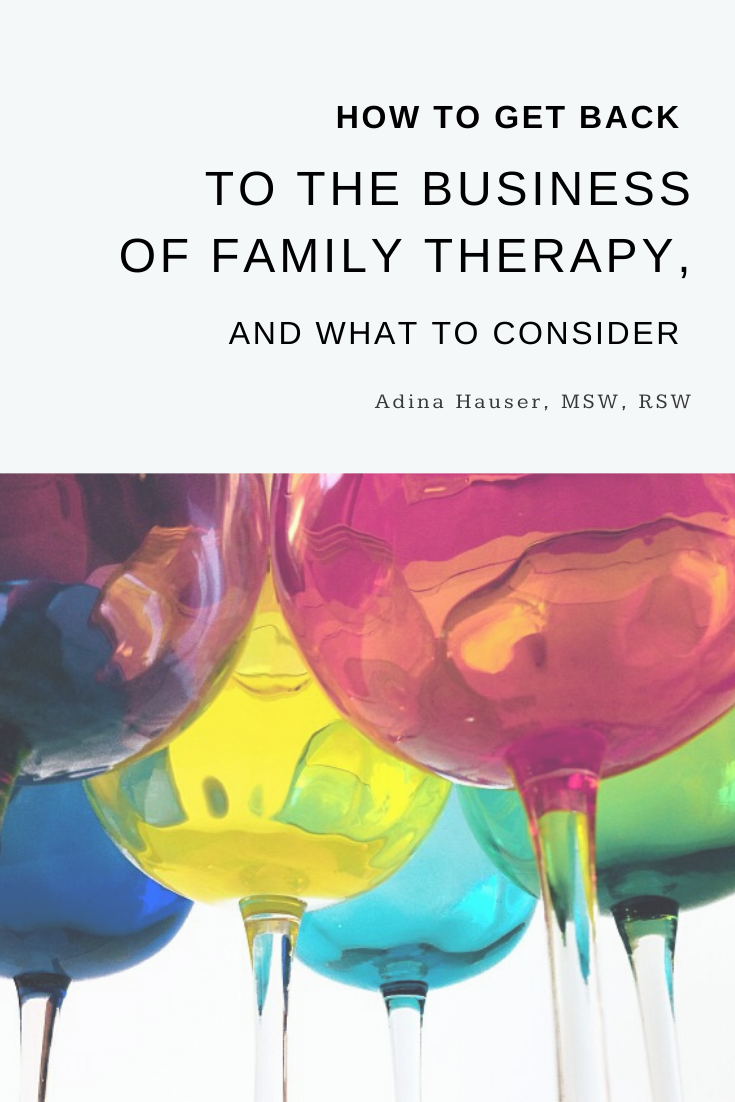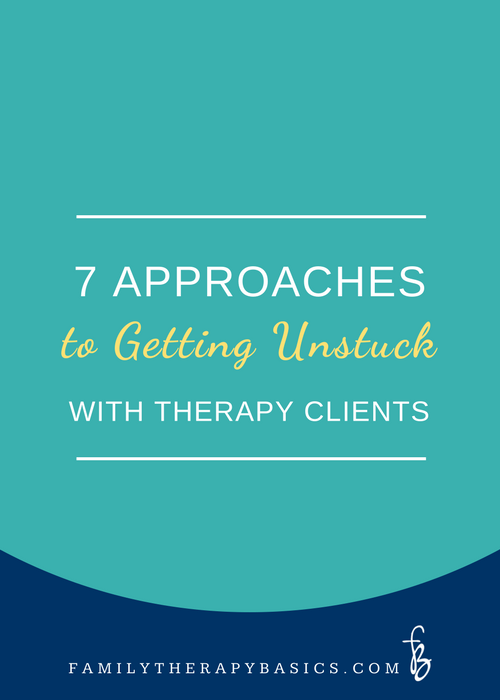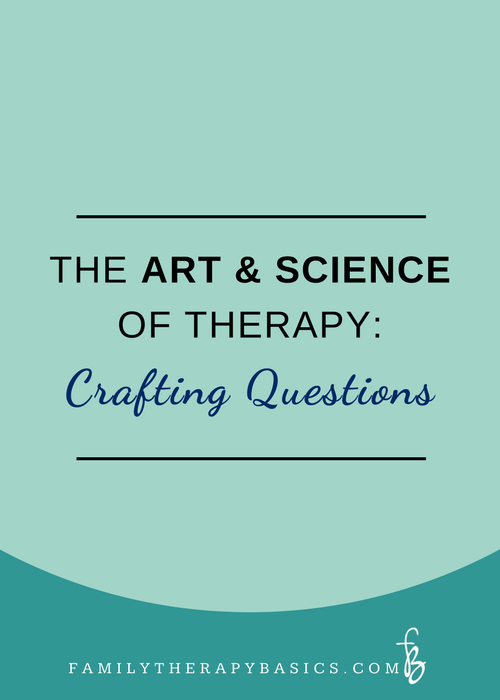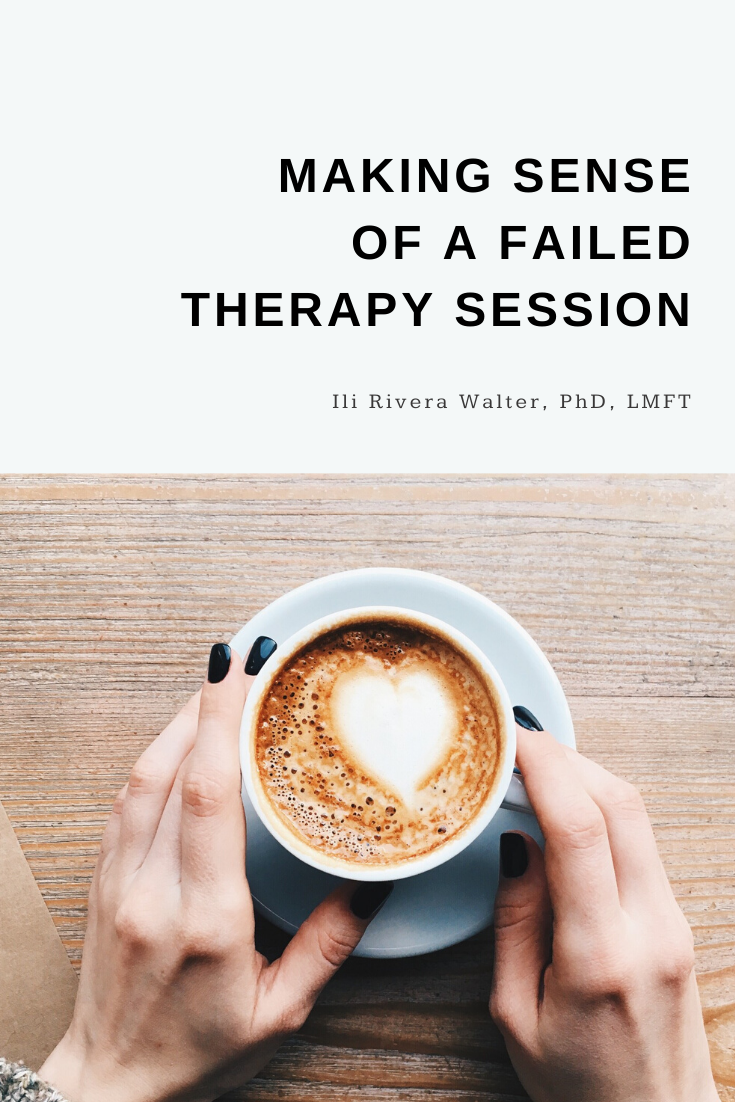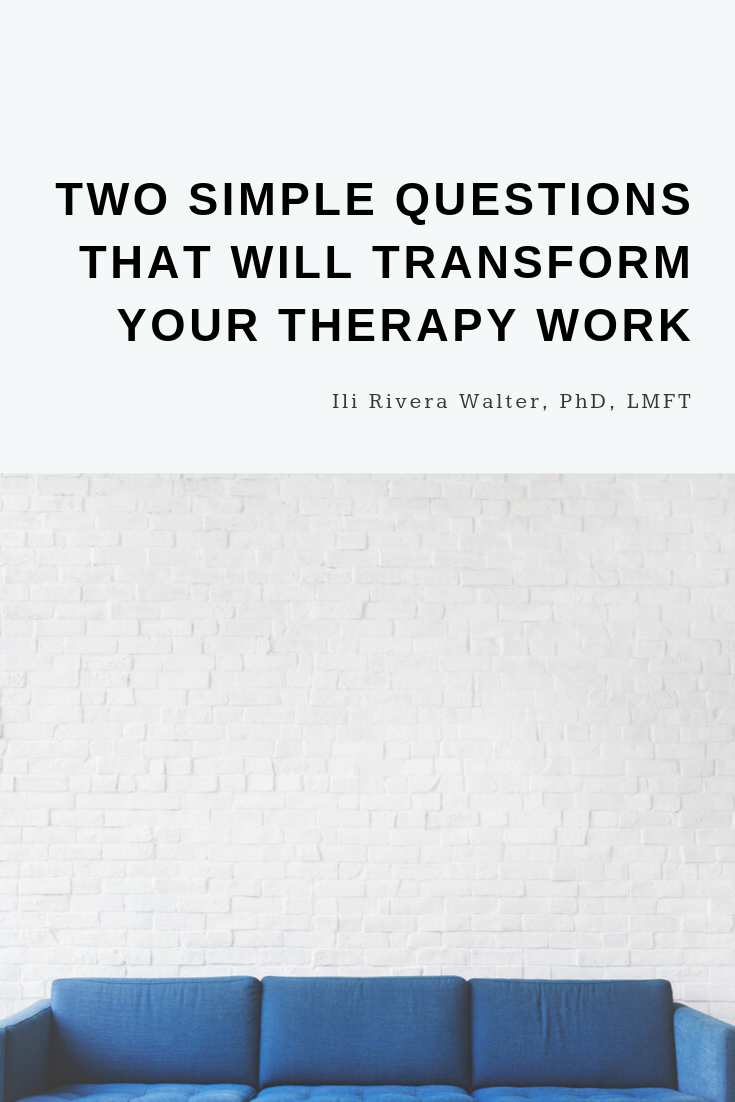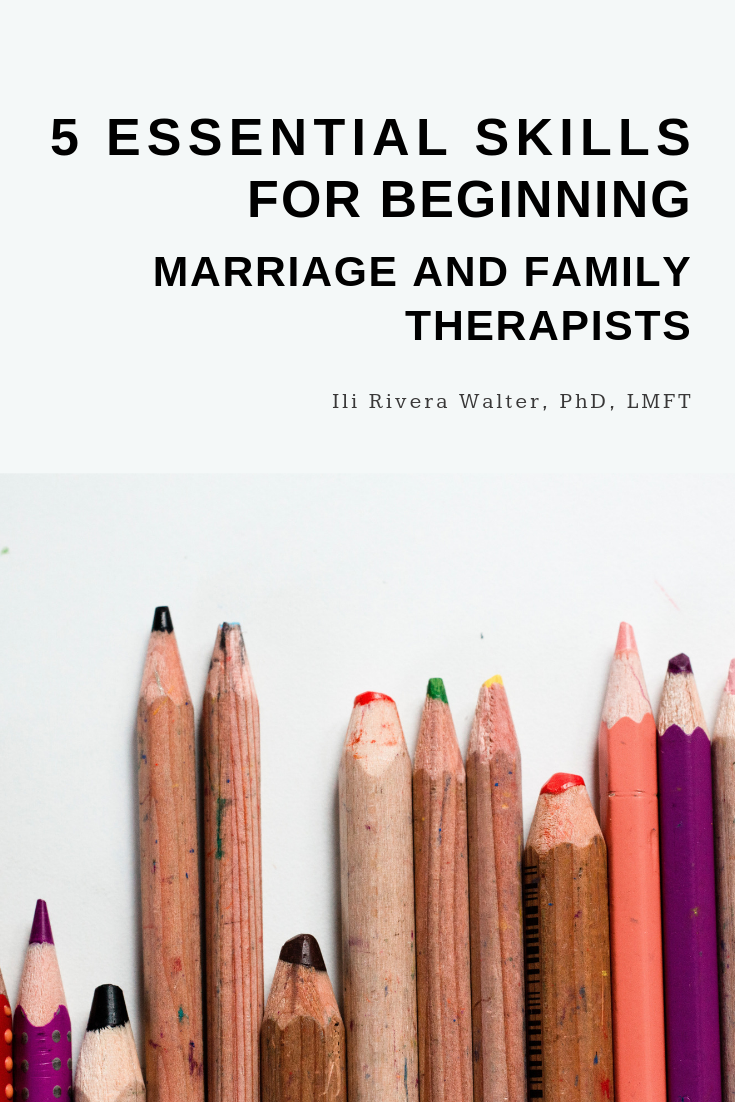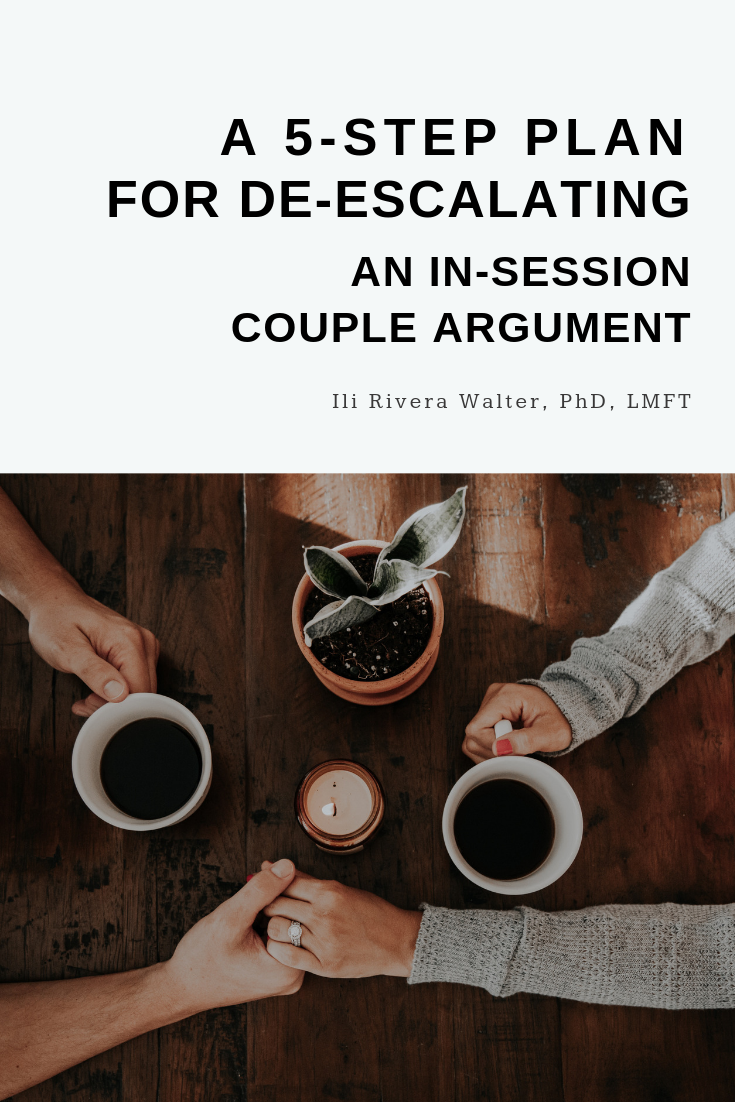This is the topic of a full-length masterclass in The Refreshed Therapist Network. Learn more about this community for psychohotherapists.
For this week's video chat, Dr. AnnaLynn Schooley returns to discuss therapy questions as an intentional craft, and she covers four basic question types: single answer, open, relational, and circular.
If you are joining the conversation at this point, and you haven't seen part 1, here's a review: In part 1, Dr. Schooley and I discuss how to move from being a novice to a master therapist, as well as the joining aspects of doing therapy. Dr. Schooley cautions us to not move into intervening before joining and establishing a working, therapeutic relationship with clients. View part 1.
Here's our most recent chat, on crafting questions:
4 Basic Types of Questions
1| Single-Answer Questions
Yes/No Questions
These questions are necessary; they are "fork in the road" questions that help us determine which way to go.
Yes/no questions help you gather information that you'll need when asking more complex questions. In order to to “populate” the world of the client, you need to first understand their world. This is why yes/no questions are useful.
Closed Questions
"Closed" questions, like yes/no questions, are single answer questions that provide you with necessary information about the client.
For example, "How many sisters do you have?"
2| Open Questions
The step between a closed question and a more advanced, relational question, is the open question. Open questions are storytelling questions, because they prompt a more extensive response from the client. Open questions often start with what, where, when, and how.
It's common for people in every day conversation to use yes/no or closed questions, though most people will answer as if they were answering an open question, because they want to be helpful. (But, don’t count on this help. Ask a question that will get you the information you want!)
3| Relational Questions
With a relational question, you ask a client to "stand in the shoes of and look out the eyes of" another person. There is often a subtle shift in thinking (for the client) when a client is asked to stand in the shoes of another person.
We have to be careful how we craft these questions, so that we are asking the client to "stand in the shoes of" the person, rather than only asking for the client's point of view.
For example, if I ask you about your husband:
Ili, what do you think he . . .
vs.
If he were here, what would he tell us about . . .
The second example is a “stand in the shoes” question. It requires that the client use her intimate knowledge of her husband to answer the question. The first example is more detached; the answer required is based on her thoughts about her husband.
Additionally, relational questions can be asked when all parties relevant to the question are in the room, in order to get the other's perspective.
For example:
Relational question, to daughter: So, what’s Dad going to tell me when I ask him . . .
Open question, to Dad, once she answers: How close was she?
Relational questions allow you to gather content along with contextual information about the relationship. Content is nice, but the relationship is more important. Content changes, but relationship patterns tend to remain more consistent.
"Every question is an intervention."
4| Circular Questions
Circular questions could be called triangle questions, because they have three parts: 1) the person you’re asking commenting on the relationship of two others (2,3); for example, if you are describing the relationship between your husband and your child. The two others you are asking the client to comment on do not have to be people; for example, if you are asked to describe the relationship between your child and school.
Example: Little brother, tell me about the relationship between mom and her church?
Summary: The Well-Crafted Question
A good question is well crafted, uses client language, and incorporates what it is you're wanting. It is intentional. Remember, every question has the potential to be an intervention.
Practicing questions can help us diffuse conflict with our questions, rather than incite it. Unless, of course, the purpose is to observe conflict. The purpose of the well-crafted question can be a “loose” purpose. like in qualitative research. A loose purpose lets us find out what is, before trying to create change. In this way, we can be more informed about our therapeutic direction, and offer options to clients about what they'd like to change.
Resources
Looking for more resources to practice your craft? Dr. Schooley recommends books and articles with therapy transcripts, including case studies, so that you can see the types of questions established experts in the field are crafting. A few of Dr. Schooley's favorite resources are: The Evolution of the Circular Question (journal article), Milan Systemic Therapy: Conversations in Theory and Practice, and 1001 Solution Focused Questions.
Let's Chat
For fun, comment below with a circular question.


